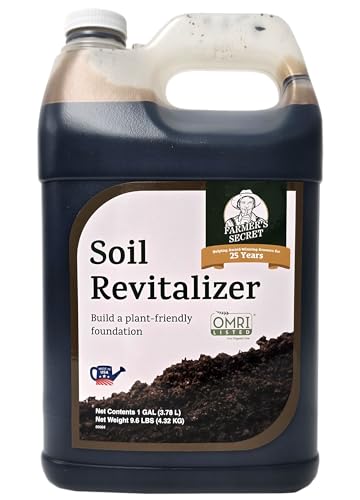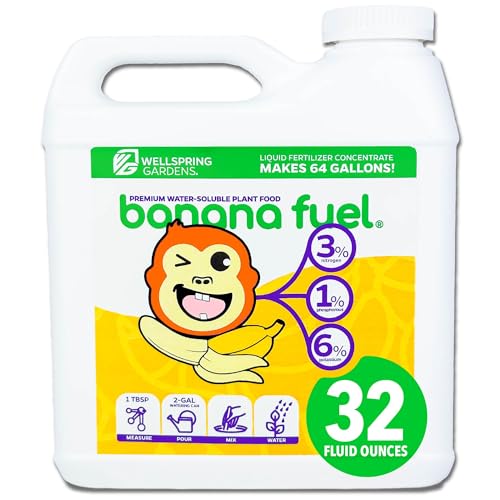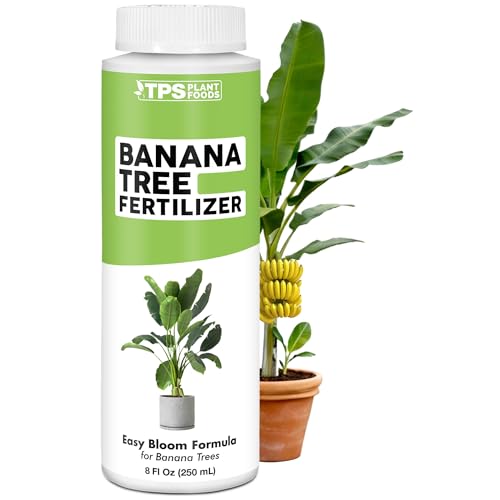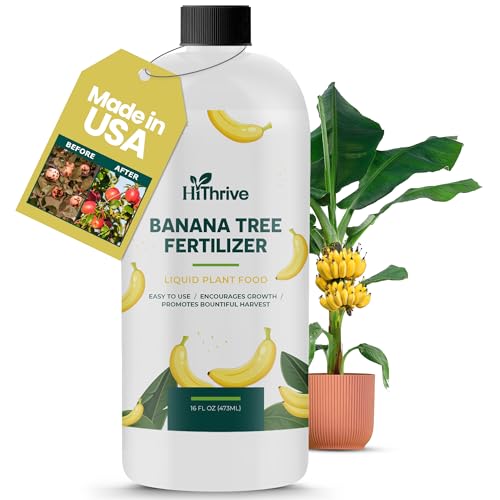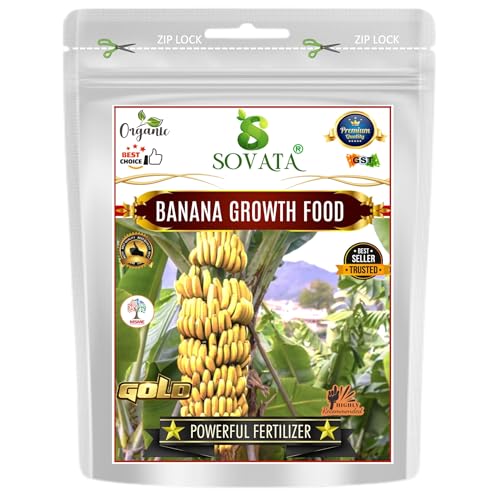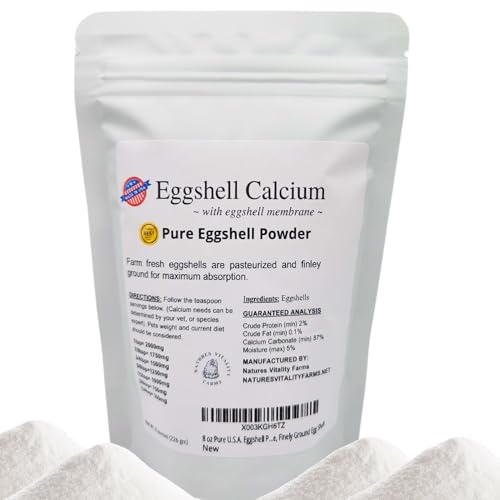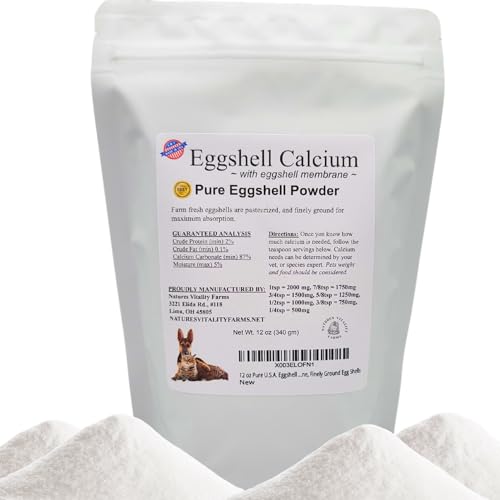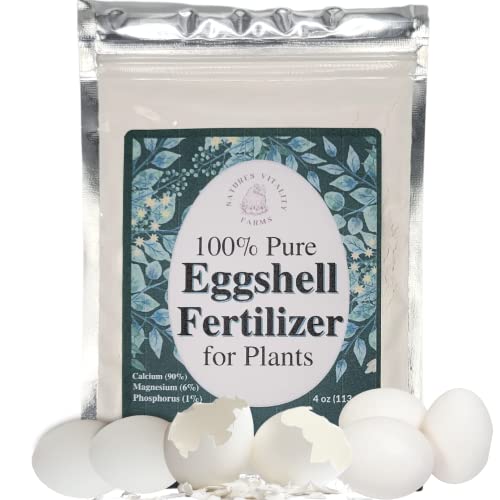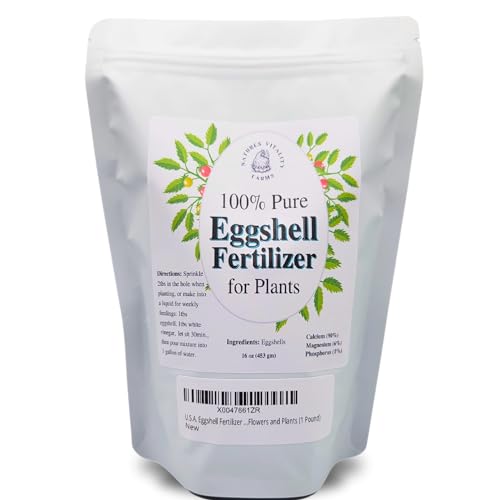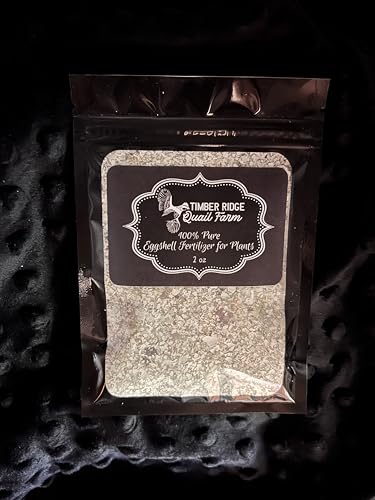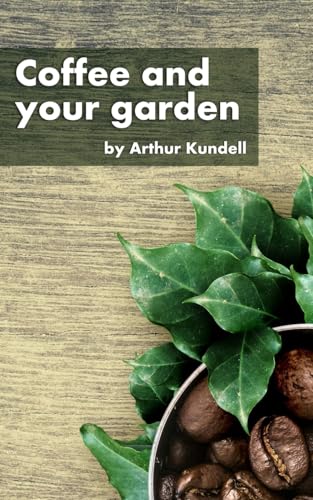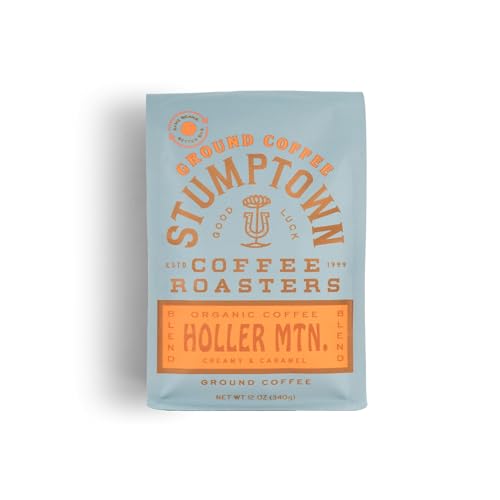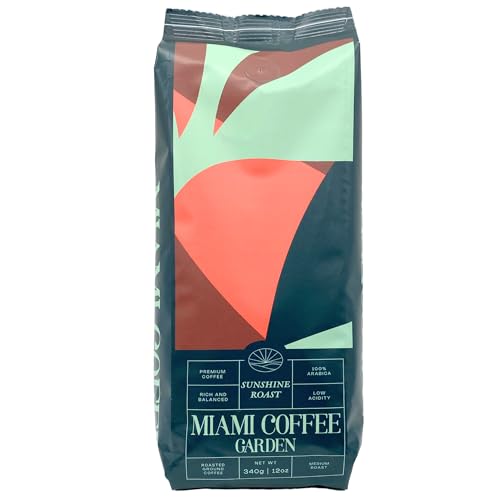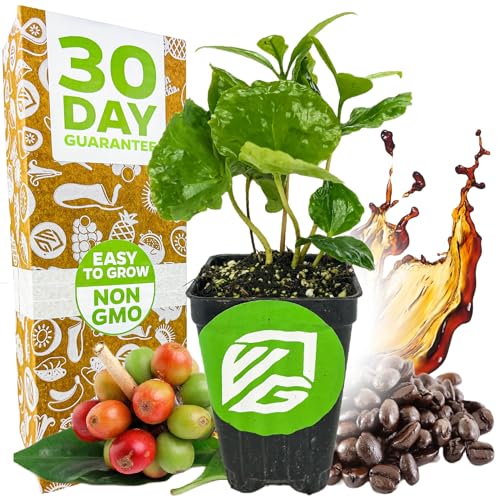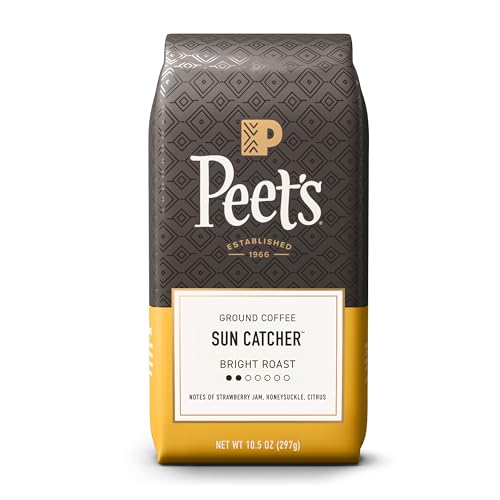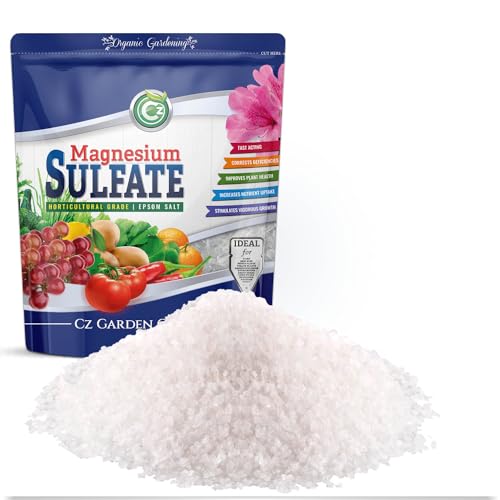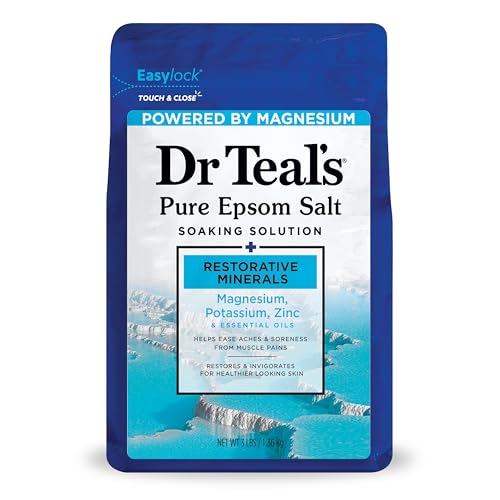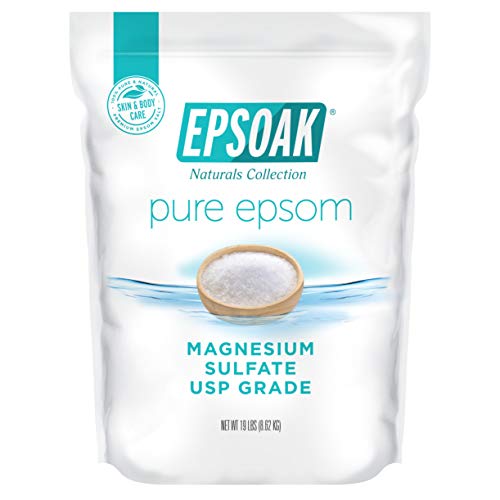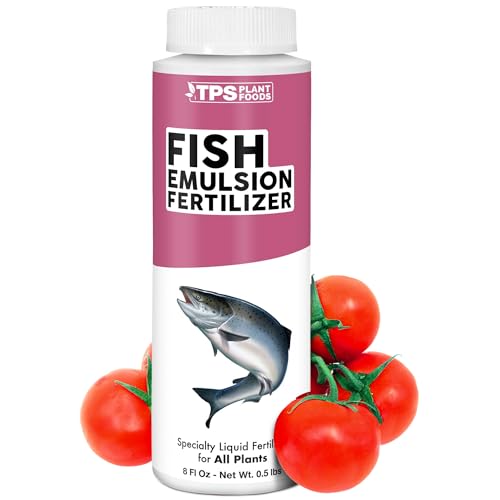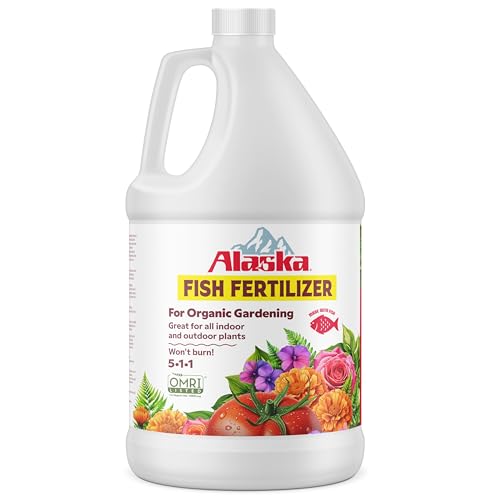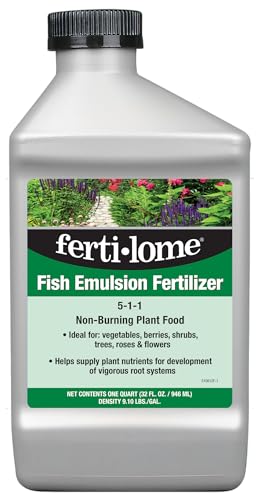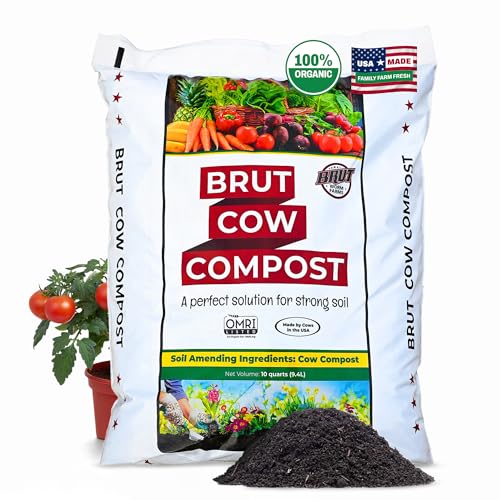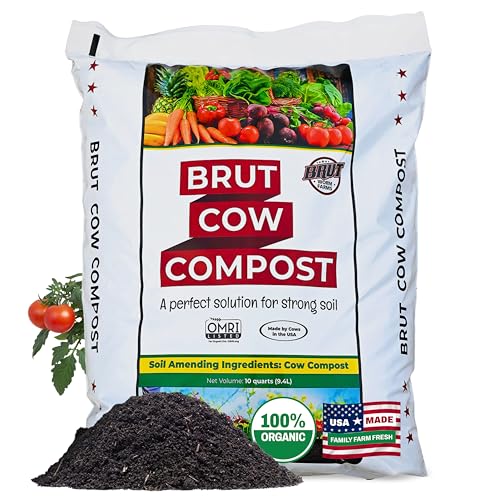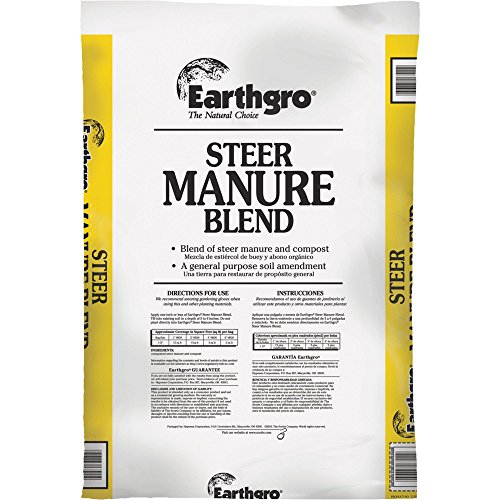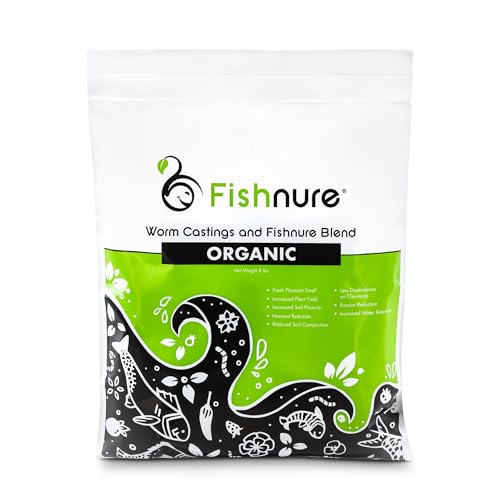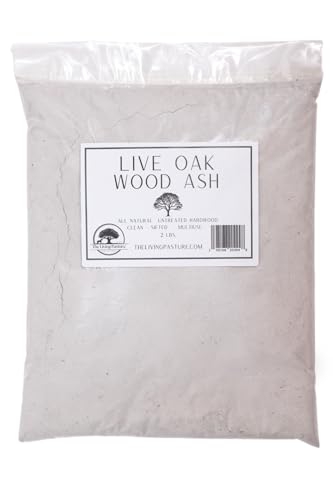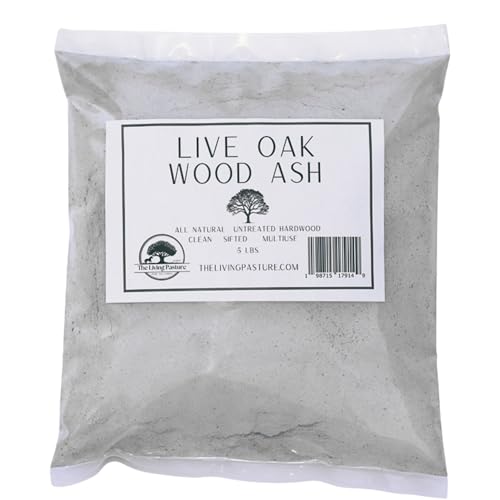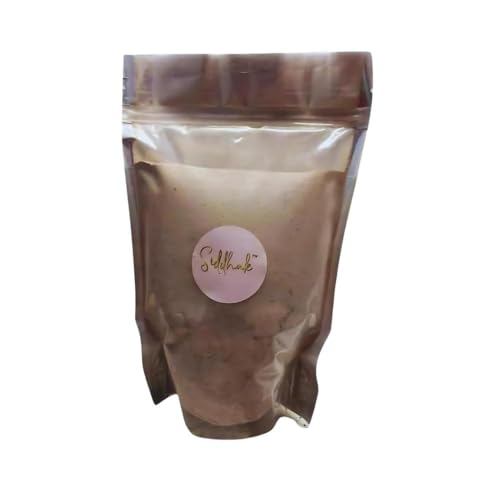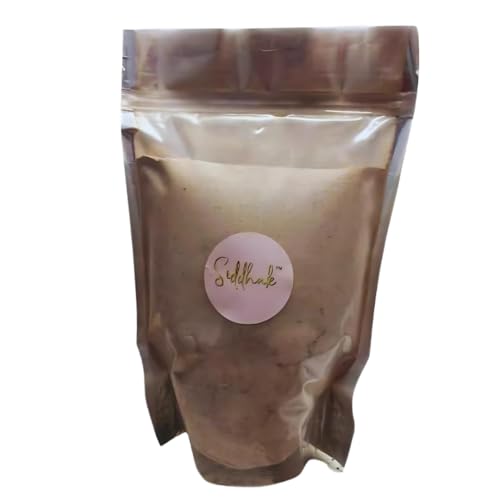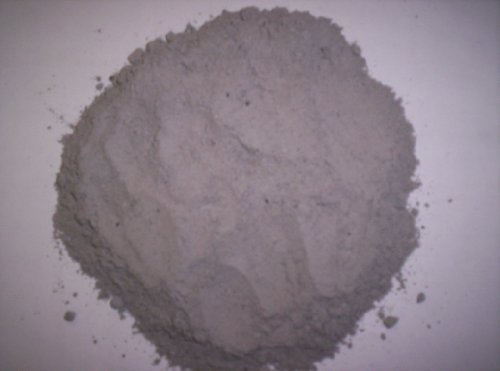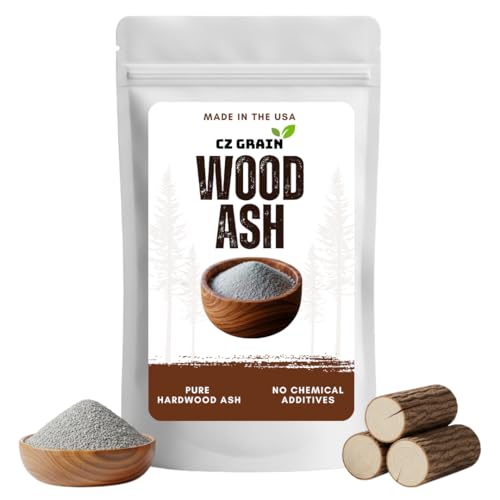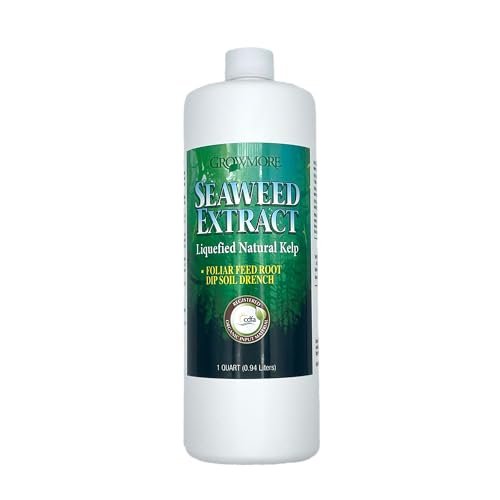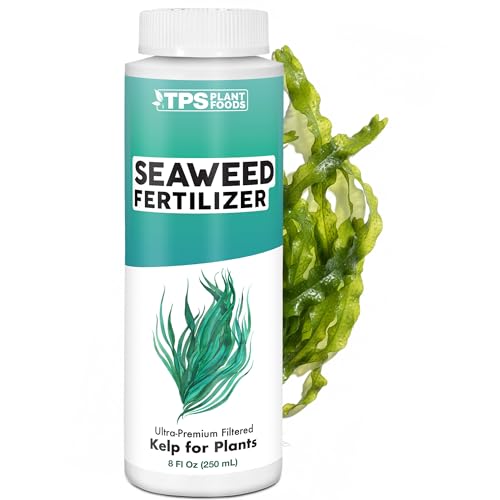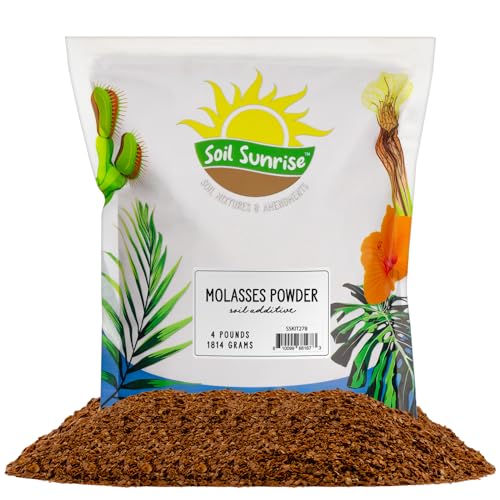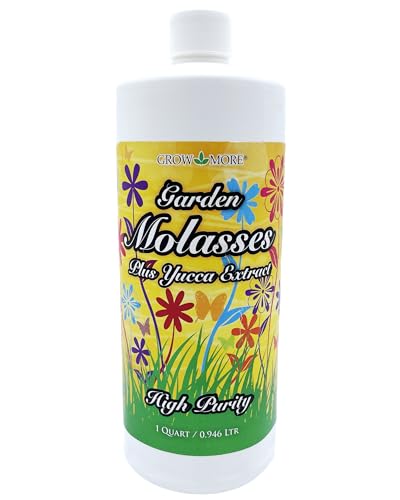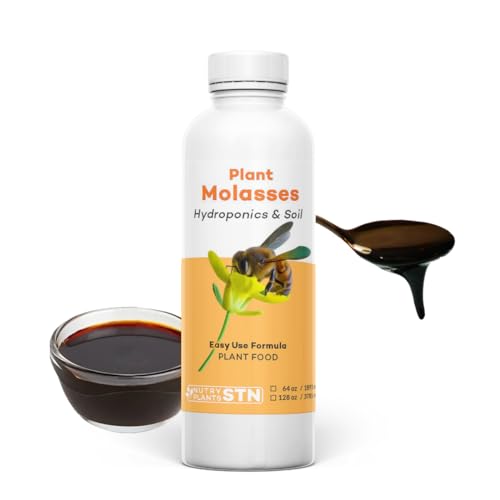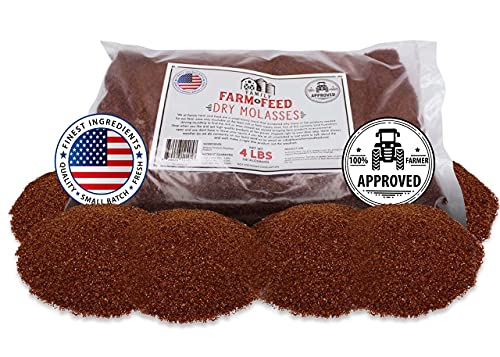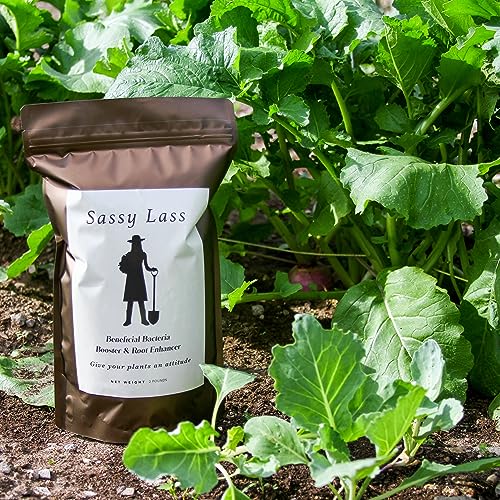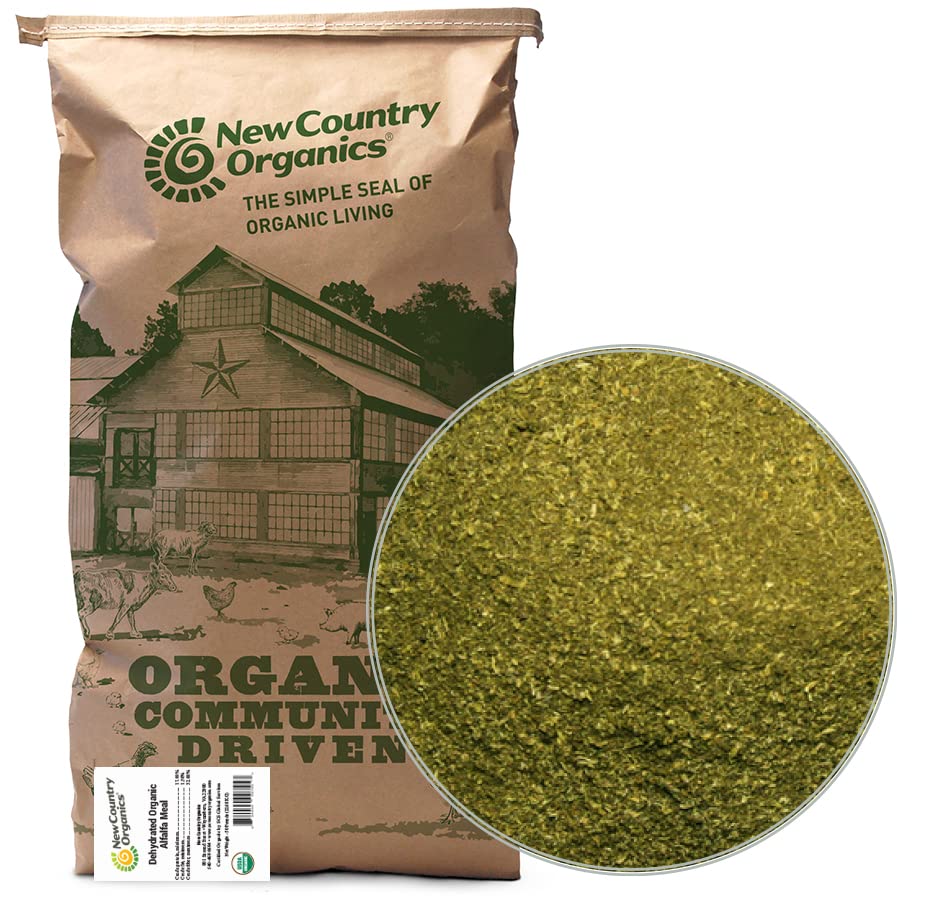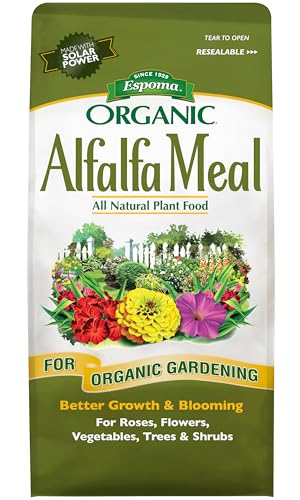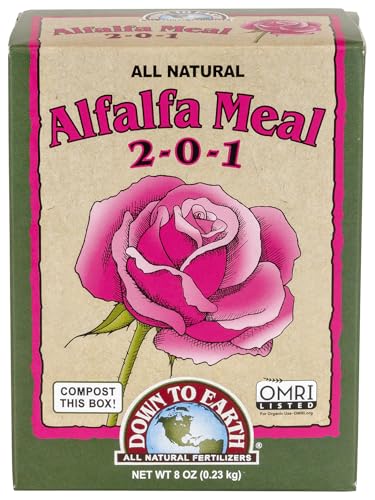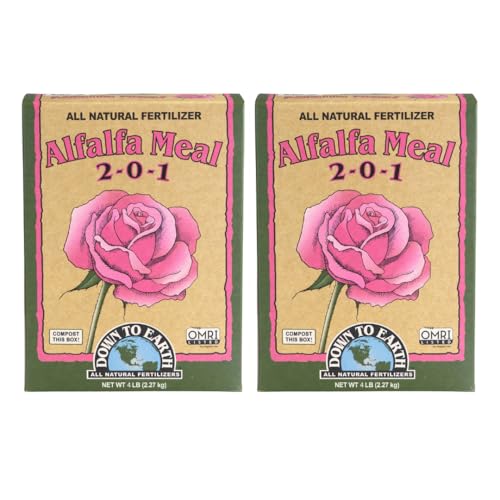Start Your Own Organic Garden Fast And Easy!
Learn to grow fresh veggies and use free organic mulch from your own lawn clippings
👉 Buy Now! Only $2.99Looking for simple ways to nourish your garden without the cost of commercial fertilizers? You can easily boost your plants’ health using everyday items found in your kitchen or backyard.

By tapping into these practical garden ideas for homemade fertilizers, you’ll give your plants essential nutrients naturally. This approach helps you save money while supporting strong, thriving growth.
1. Liquid Compost Fertilizer

You can create a nutrient-packed liquid by soaking compost in water. This mixture delivers helpful microbes directly into your soil, enhancing root health and nutrient absorption. Making this natural fertilizer supports better soil structure and strengthens your plants over time. It’s an effective, eco-friendly choice for enriching your garden’s growth.
2. Banana Peel Fertilizer

You can enhance your garden by using banana peels, which are rich in potassium, phosphorus, and calcium—nutrients important for flowering and fruit development. Either bury chopped peels near your plants or soak them in water to make a nutrient-rich liquid fertilizer. This method supports healthy root growth and plant vitality.
3. Ground Eggshells

You can use finely crushed eggshells to provide calcium slowly to your plants, helping prevent problems like blossom end rot in tomatoes. Dry the shells completely before grinding them into a powder. Mixing this powder into your soil or compost improves nutrient release. Additionally, eggshell fragments may discourage pests such as slugs and snails from approaching your garden.
4. Coffee Grounds for Your Garden

You can use coffee grounds to boost nitrogen levels, which helps leafy vegetables grow. They also enhance soil structure and attract earthworms that benefit plant health. Adding coffee grounds to compost or directly to soil creates a simple, eco-friendly fertilizer from kitchen waste.
5. Magnesium and Sulfur Boost with Epsom Salt

You can enhance your plants by adding magnesium and sulfur through Epsom salt. Mix one tablespoon into a gallon of water for an easy solution. Apply it directly to leaves or soil to promote healthy green growth and vibrant flowers. This method is both simple and effective.
6. Fish Emulsion Fertilizer

You can create a nutrient-rich fertilizer by fermenting fish scraps or leftover parts. This liquid provides a quick boost of nitrogen and essential micronutrients to your plants. Using fish emulsion improves soil health and promotes stronger growth in both flowers and vegetables.
7. Liquid Fertilizer from Grass Clippings

You can make a nutrient-rich liquid fertilizer by soaking fresh grass clippings in water for several days. This natural tea provides a valuable boost of nitrogen for your plants. Using this method helps you recycle lawn waste effectively while encouraging healthy, green growth.
How to prepare:
- Fill a container two-thirds with grass clippings
- Add water until full
- Let it steep for about 3 to 5 days
Strain before applying to your garden soil or plants.
8. Manure-Based Compost

You can use well-aged manure from animals like cows, horses, or chickens to supply your soil with important nutrients. Composting this manure first lowers harmful bacteria and reduces smells. This method supports lasting soil fertility and improves plant growth effectively.
9. Wood Ash

You can improve soil by adding wood ash from untreated wood, which contains valuable potassium and lime. Use it carefully to prevent raising your soil’s pH too much. Applying it around plants or mixing it with compost helps support healthy roots and balances soil naturally.
10. Seaweed Extract

You can create a liquid fertilizer by soaking fresh or dried seaweed in water. This solution delivers essential trace minerals and natural growth stimulants that support your plants’ health. It strengthens your plants’ defenses and promotes steady growth without risking nutrient overload. Seaweed extract is especially valuable for gardeners near the coast.
11. Molasses Solution for Soil Health

You can boost beneficial microbes by adding molasses to your soil or compost tea. Mix 1 tablespoon of molasses with a gallon of water for easy application. This supports organic matter breakdown and improves nutrient release, helping your plants thrive naturally.
12. Alfalfa Meal

You can use alfalfa meal as a natural fertilizer rich in nitrogen, phosphorus, and potassium, essential nutrients for healthy plant development. It also contains triacontanol, a natural growth stimulant that encourages stronger and more vigorous growth in your garden.
Incorporating alfalfa meal into your soil boosts microbial activity, which supports nutrient cycling and improves soil structure. This makes it especially helpful when working with roses and perennials, enhancing their overall health.
If you want to apply alfalfa meal correctly, sprinkle it lightly over your garden beds and mix it into the soil to avoid potential nitrogen burn. It fits well into sustainable gardening routines by recycling nutrients naturally and maintaining soil fertility without synthetic chemicals.
Using alfalfa meal alongside other organic materials like compost or kitchen waste helps you create a balanced environment for your plants. This approach supports long-term growth and keeps your garden sustainable and productive.






